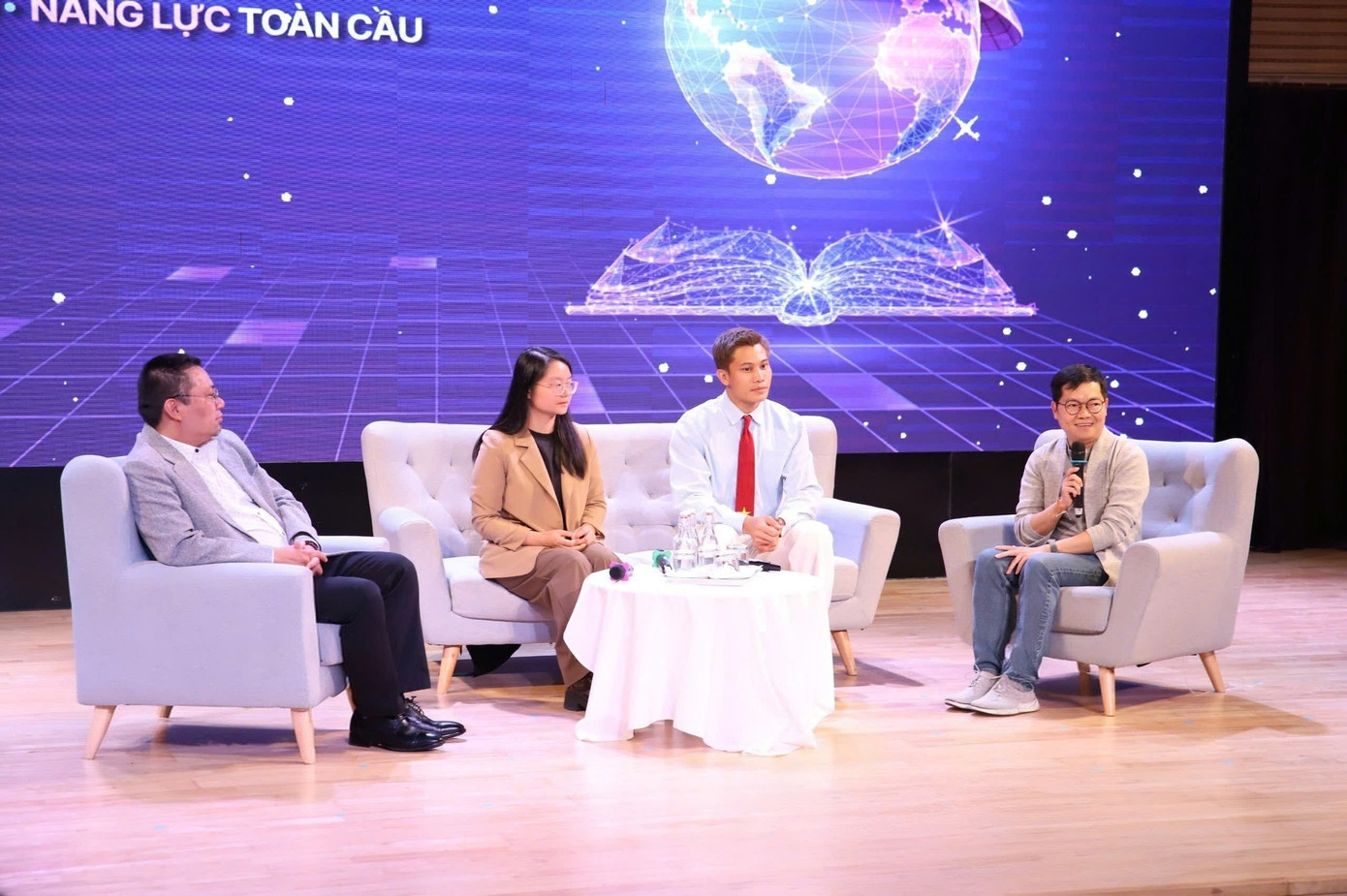
How do experts define Vietnamese identity?
On November 15, Olympia High School organized a workshop on “Creating bilingual education - Vietnamese identity, global capacity”, with the participation of many prestigious domestic and international experts, and a large number of parents.
The event opened up a multi-dimensional perspective on the journey of schools nurturing Vietnamese identity and developing global capacity for the young generation in the period of deep integration, of which Olympia is a typical example.

As the opening speaker of the conference, Dr. Nguyen Nam (Fulbright Lecturer, Director of the Center for Vietnamese Studies, Master of East Asian Studies; PhD in East Asian Languages & Civilizations - Harvard) brought a sharing session revolving around the question: "What is Vietnamese identity and why is maintaining Vietnamese roots not at all contradictory to reaching out to the world?"
From many years of experience in research and observing parents and students, Dr. Nam believes that Vietnamese cultural heritage, when properly exploited in schools, not only nurtures identity but also becomes a global capacity, helping students confidently integrate.
He emphasized the role of family and school in turning "Vietnamese quality" into a competitive advantage, while affirming that Vietnamese identity is the foundation for young people to develop sustainably in the era of globalization.

The highlight of the workshop was a multi-perspective discussion with the participation of filmmaker Ha Le Diem (Best Director of the 2021 Amsterdam International Documentary Film Festival, whose work “The Children in the Mist” was shortlisted for 15 Best Documentaries at the 2023 Oscars) sharing about bringing identity into art and bilingual classrooms.
PhD student Nguyen Dinh Thanh, co-founder of Elite PR School and cultural communication expert, emphasized that Vietnamese identity is a global competitive ability; actor Phuong Nam (playing Ta in “Red Rain”) talked about the connection between history and heritage and bilingual education.
Dr. Nguyen Chi Hieu - Academic Director of Olympia, Stanford PhD, Oxford MBA Valedictorian, at 18 years old, he was the first person in his family to go to England to study. The first year in England was a feeling of inferiority and very "rustic". But the more opportunities he had to interact and travel a large circle, from meeting the British royal family or people in finance and banking, by the end of his 20s, he wanted to return to his hometown.
“The more I expand into the world , the more important I find the word “real”. That is what is mine. Therefore, with my students, I want them to be able to adapt to any environment, but be themselves, be able to use a knife or a fork” - Dr. Hieu shared.
What do young people say?
Some Olympia student representatives also brought a young person's perspective on the journey of discovering and preserving Vietnamese identity in the integration period.
Student Dieu Anh, a K10 student at Olympia School, believes that thanks to learning through experiences, projects, and cultural exchanges, we have both an international mindset and national pride.
At Olympia School, we students not only learn “what”, but also learn “why?” and “what do we learn for?”
In the era of international integration and globalization, the impact and popularity of languages such as English, Chinese, Korean... have become a familiar part of modern life. In public spaces such as shopping malls, restaurants or social networks, the use of foreign languages appears more and more. At the same time, it is also the key to opening up career and learning opportunities in the future. It is a tool for us to study abroad in developed countries, work in an international environment, or cooperate with friends around the world.
However, the popularity of these languages also has a significant impact on personal and national identity. Many young people today prefer to speak English on a daily basis rather than Vietnamese, gradually forgetting the beauty and richness of their mother tongue.
Looking at the big picture, if we are not careful, we can unintentionally lose our cultural roots, which help Vietnam stand out in the globalized world. Therefore, the lessons in class, the projects and experiential trips, the connections from lessons to life will always help us to be steadfast, confident and love more the way to class, the familiar streets, our small family, our beloved country.
Therefore, as a young generation of Vietnamese, Dieu Anh believes that integration does not mean assimilation. We need to be good at foreign languages to reach out to the world, but at the same time we must preserve and be proud of the Vietnamese language, culture and history of the nation.
In the future, we hope to use technology, media and multilingual content creation to spread Vietnamese values - from cuisine, art to customs to international friends. In addition, the young generation can also bring the Vietnamese spirit into modern creations, such as design, fashion, cinema, and technology. When traditional values are combined with creative thinking and integration, Vietnamese culture will not only be "preserved" but also develop, spread and become more vibrant than ever.
A young, confident, integrated Vietnam, but still imbued with national identity. International integration is inevitable, but if we do not know who we are, no matter how far we go, we are just a leaf lost in the global wind. Thanks to what we have learned at Olympia, from knowledge, experience to life values - I understand that: Being a global citizen does not mean losing our roots, but bringing Vietnamese roots to the world and more than ever, each of us has gradually absorbed the national cultural identity to accumulate for ourselves the values of our personal ego, to answer the question "What is Vietnam in me?" and so that later, each of us will together bring and take Vietnam far, fly high in the new era and time, the era of science, technology and the era of globalization.
“I believe that our young generation, with knowledge, creativity and love for Vietnam, will together preserve, promote and renew the national identity. So that Vietnam is not just a country on the map, but a culture that lives forever in this turbulent world” - Dieu Anh shared.
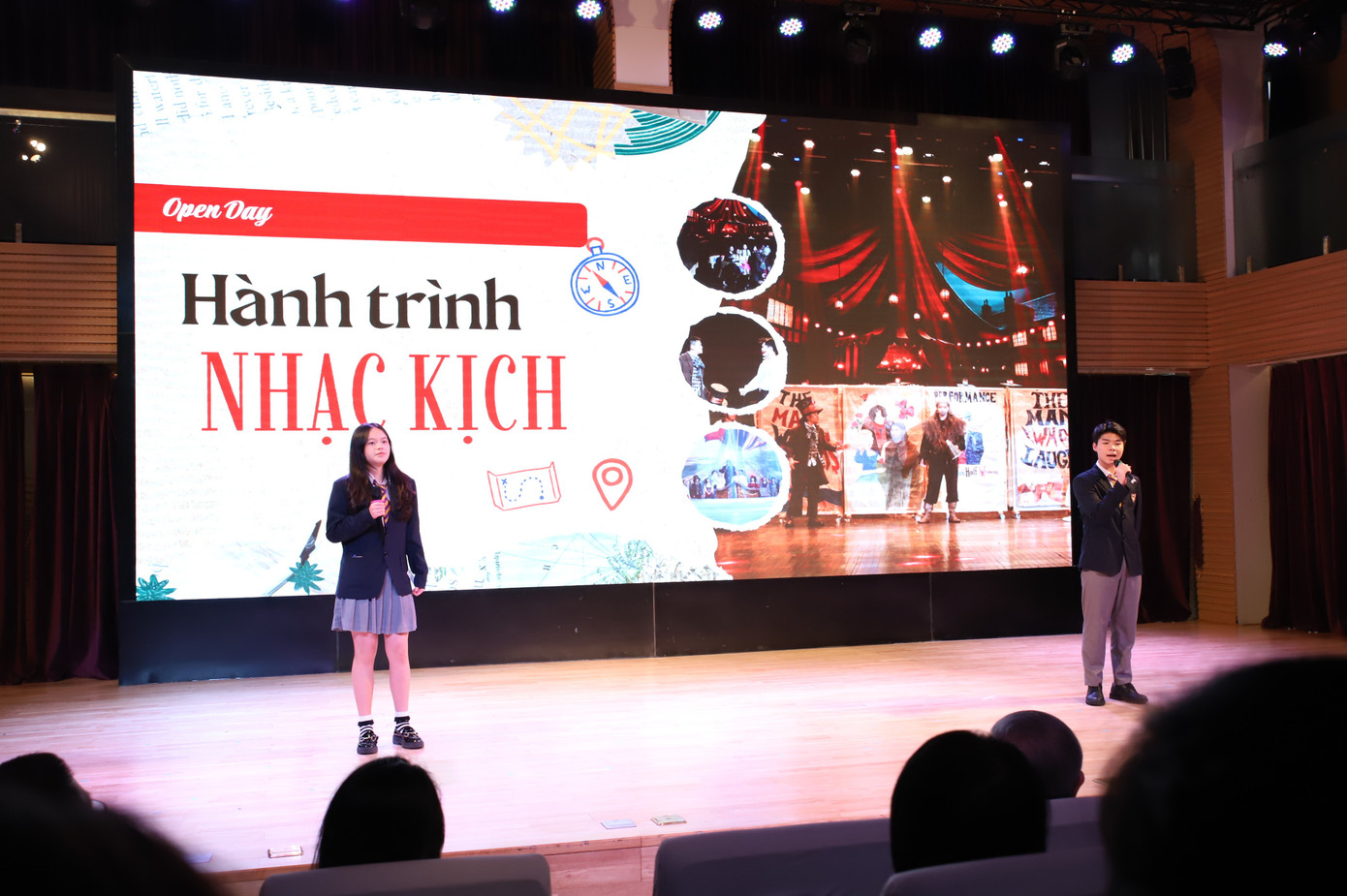
Bao Chau believes that, for us, Vietnamese identity and global capacity are both valuable, but the most important thing is how those experiences touch our daily lives. When living with a literary work of contemporary value, we learn to look deeply into people, listen with our hearts and act kindly.'
“When the curtain closes, the lessons about humanity, responsibility, and the desire to live a useful and worthy life are still there for us to continue to practice on our journey to adulthood,” Bao Chau emphasized.
I think Vietnamese helps us name our emotions and roots; English broadens our horizons and dialogues with the world. Through each practice session and each page of research, we grow up to be better: we know how to think independently, how to empathize, how to cooperate to create value. (Ba Dung)
Worried about "blind spots" in educating your children?
Experts participating in the workshop said that parents, whether in Vietnam or anywhere else, currently have "blind spots" in educating their children.
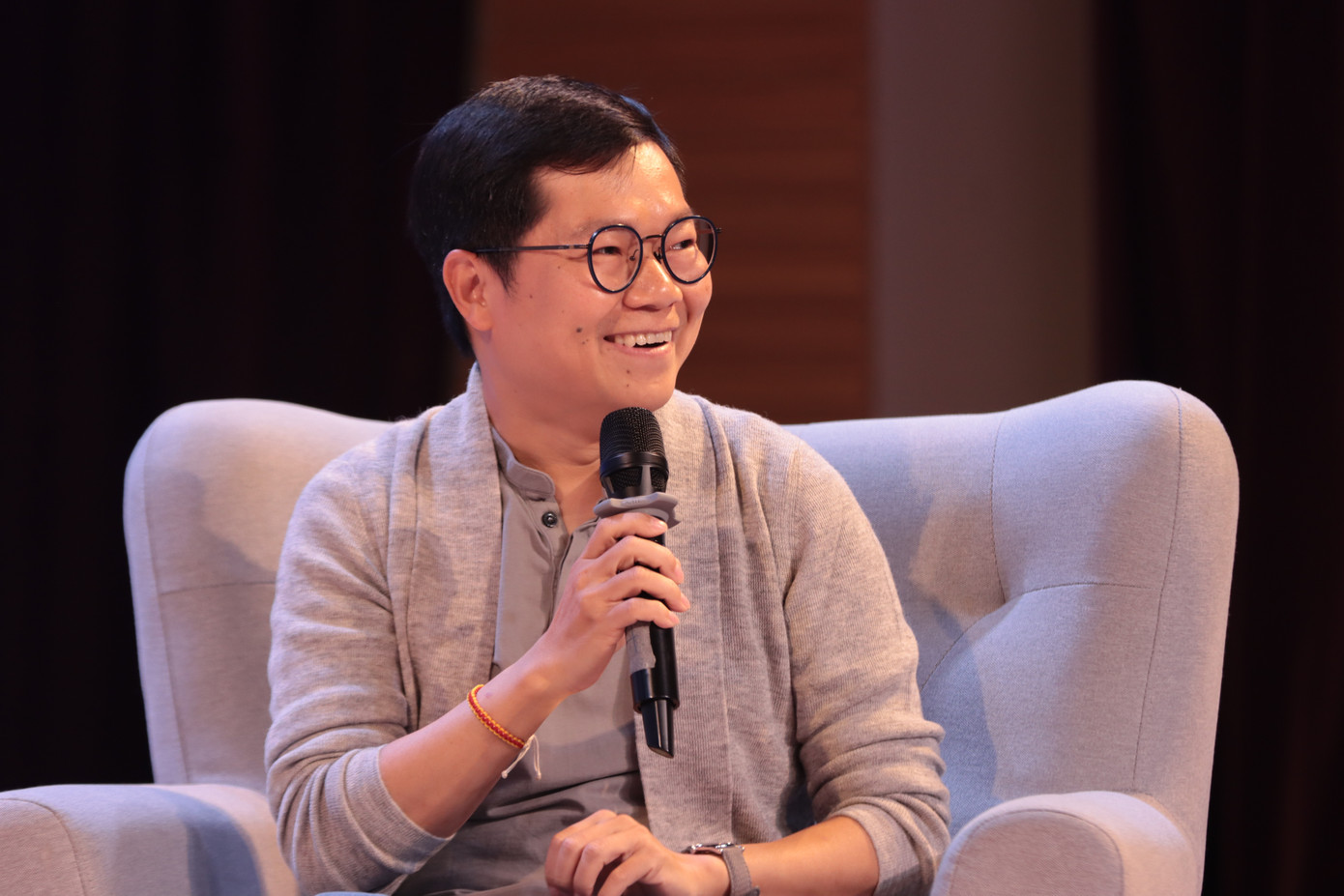
Dr. Nguyen Chi Hieu - Academic Director of Olympia, Stanford PhD, Oxford MBA Valedictorian, shares about the mistakes of parents in educating their children. Through the stories he tells, parents often unintentionally deprive their children of the right to overcome difficulties. Many children grow up with too much, but lack the ability to think, the ability to decide, and are emotionally lax.
Dr. Hieu said that the parents of his school are officials and businessmen. Those parents still ask him to teach and help their children so that he can get them into the top 2 and top 3 schools in the world.
“That is a great goal. I think teaching to have a good student is not really difficult. I am sure that this society has many good teachers. Even if you are an average primary school student, average secondary school student. But by the eighth or ninth grade, in the hands of a few good teachers, you can still make a breakthrough very quickly,” Dr. Hieu said.
However, Dr. Hieu said that when talking to parents, he always asks, "How much vacation time do you have in a year to spend with your children?" Instead of forcing your children to take SAT and ACT classes during the summer, he advises parents to take their children on walks around the world, which would be much better. And it is the trips and stories that will enrich the "silt" of the child.
Young people like Ha Le Diem (Best Director of the 2021 Amsterdam International Documentary Film Festival) or actress Phuong Nam (Ta in “Red Rain”) want their children to be versions of happy children. These are children who do not need to excel in their studies but must certainly be happy.
And they all admit that knowledge can be learned forever, but human identity should probably be best taken advantage of when your child is young, before the age of 15.
Actor Phuong Nam confidently said that he currently does not see any "blind spots" in educating his children. He always wants his children to be happy and is ready and tries to be present with them in every event.
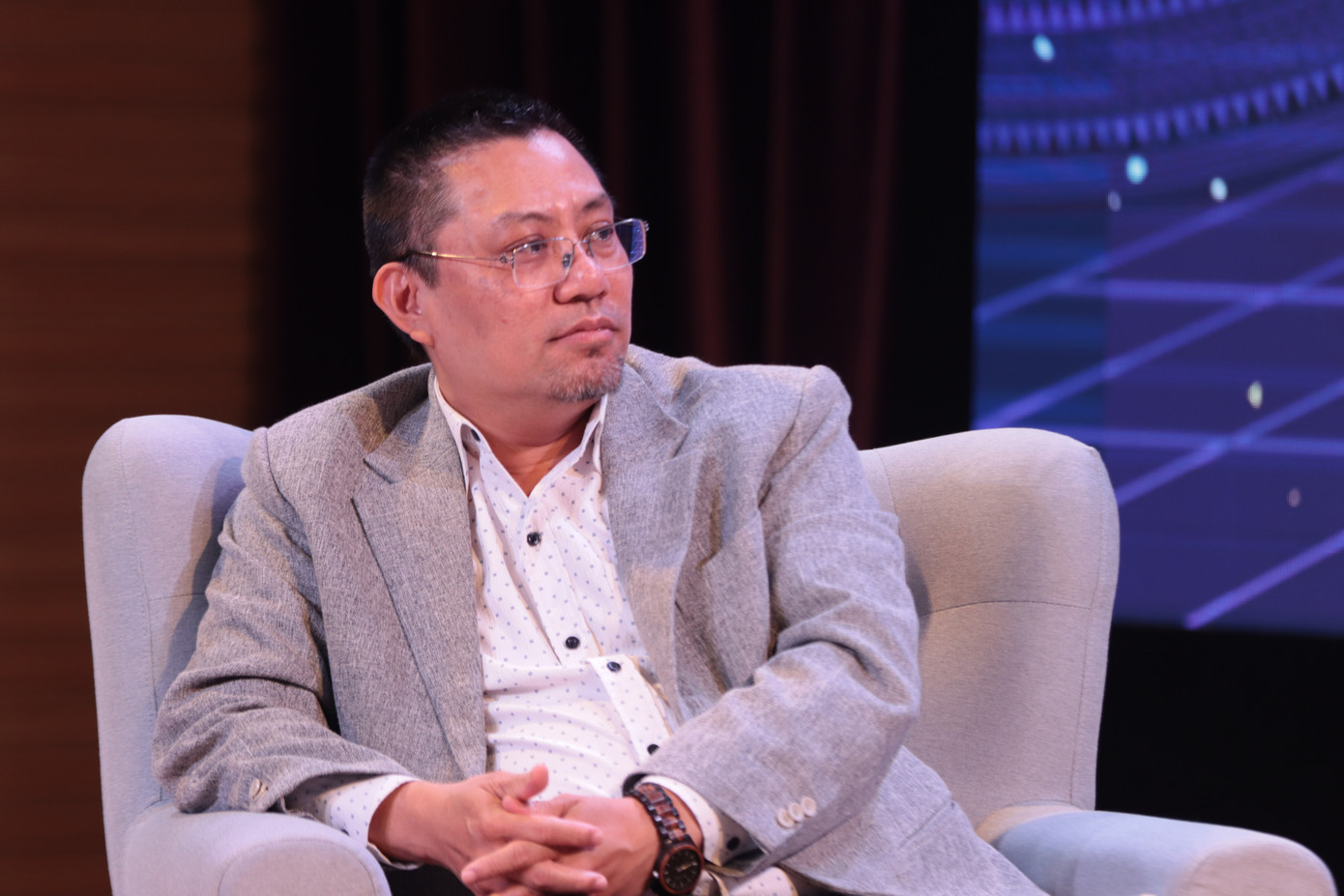
NCS. Nguyen Dinh Thanh - co-founder of Elite PR School, cultural communication expert believes that the hardest thing for parents today is to live and overcome the values that they still believe are the standard.
According to Mr. Thanh, as parents, we all agree that we want our children to be happy, but the word “happiness” in our time and our children’s time is different. Our happiness is based on what our parents passed on to us. Happiness is something we must do at all costs, overcome poverty to be able to rise up and become someone in society. For me, happiness must be someone in society, but for you, it may not be necessary.
“I think our biggest blind spot is how to synchronize our children’s dictionary with our own dictionary. It is difficult to measure our children’s happiness with our dictionary,” Mr. Thanh said.
Source: https://tienphong.vn/chuyen-gia-nguoi-tre-noi-gi-ve-ban-sac-viet-nam-nang-luc-toan-cau-post1796688.tpo








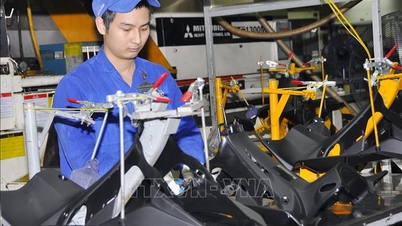

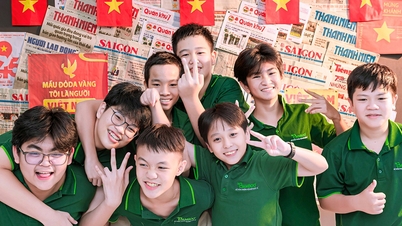

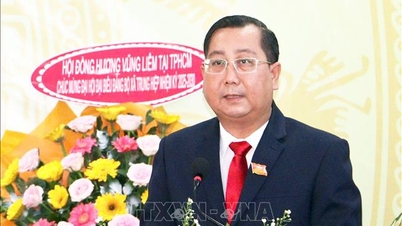


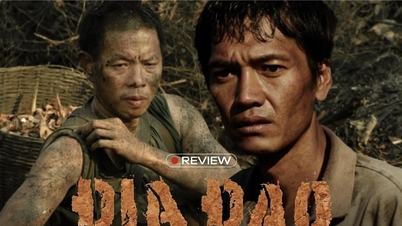

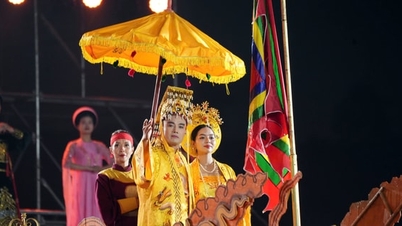



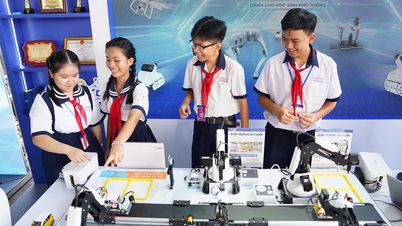

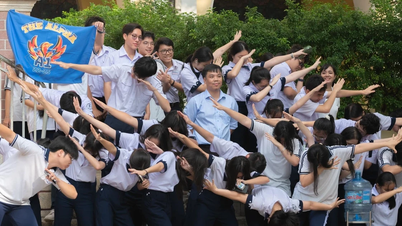


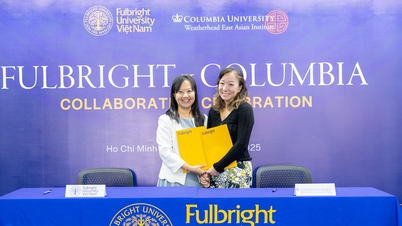








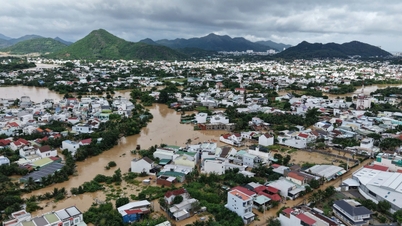
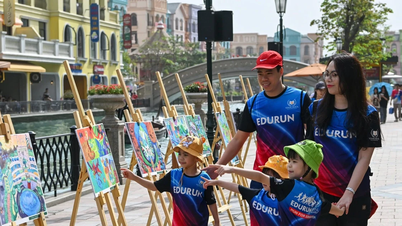
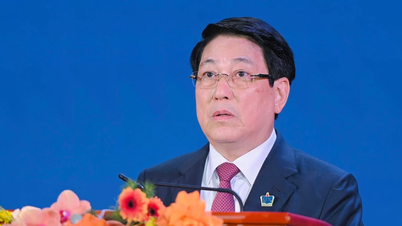
![[Photo] General Secretary To Lam and National Assembly Chairman Tran Thanh Man attend the 80th Anniversary of the Traditional Day of the Vietnamese Inspection Sector](https://vphoto.vietnam.vn/thumb/1200x675/vietnam/resource/IMAGE/2025/11/17/1763356362984_a2-bnd-7940-3561-jpg.webp)







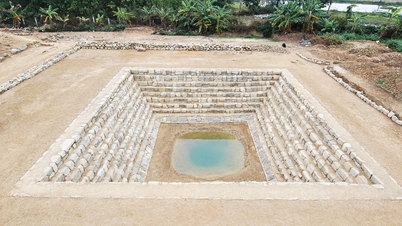

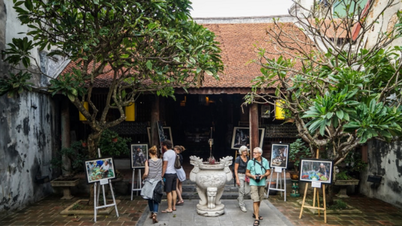









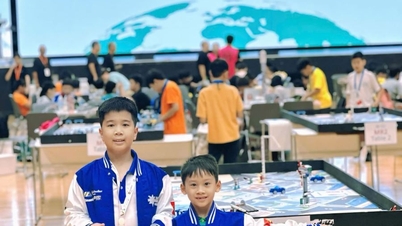




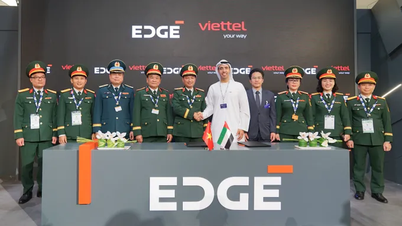

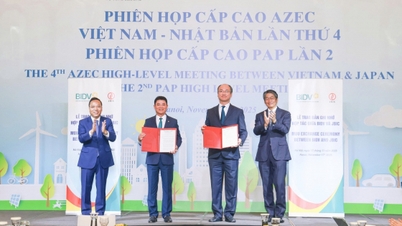




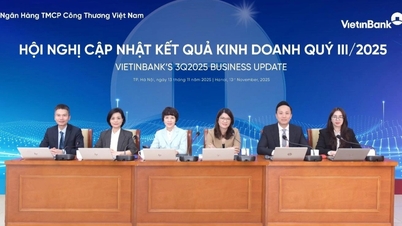










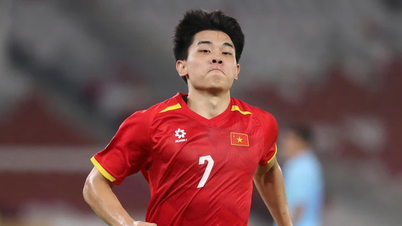


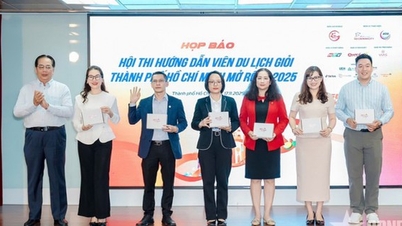



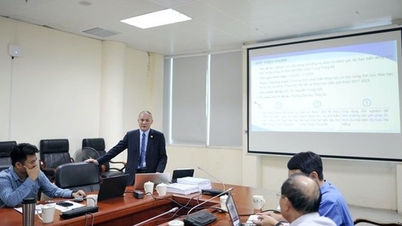




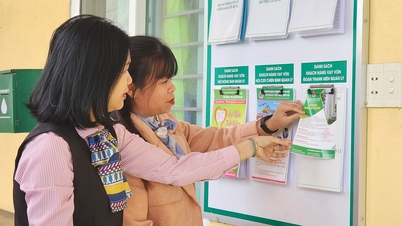

















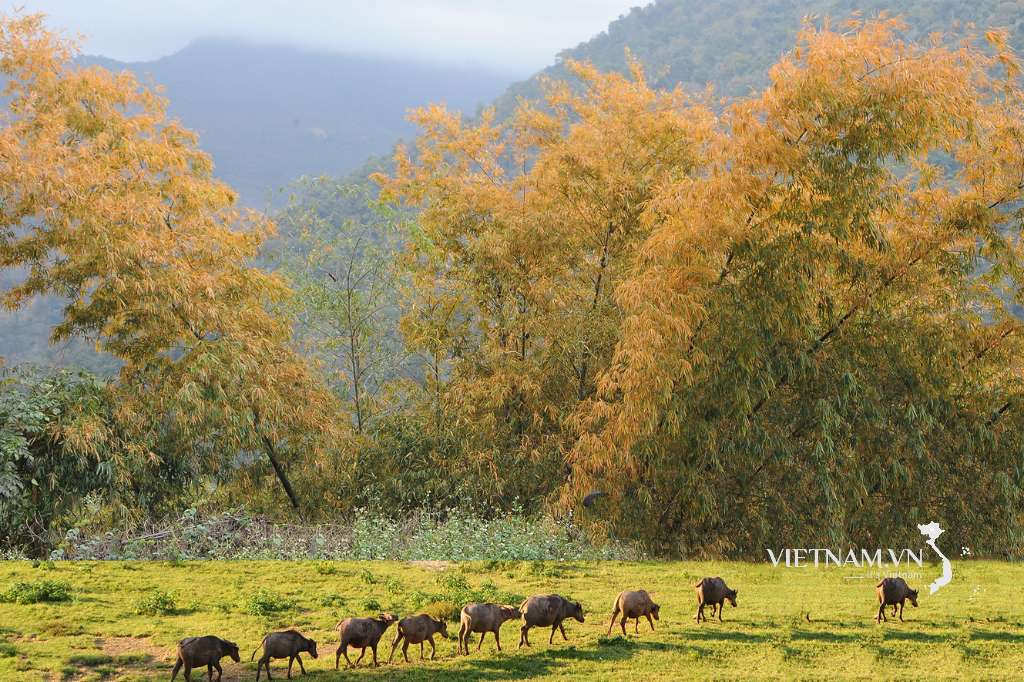

Comment (0)